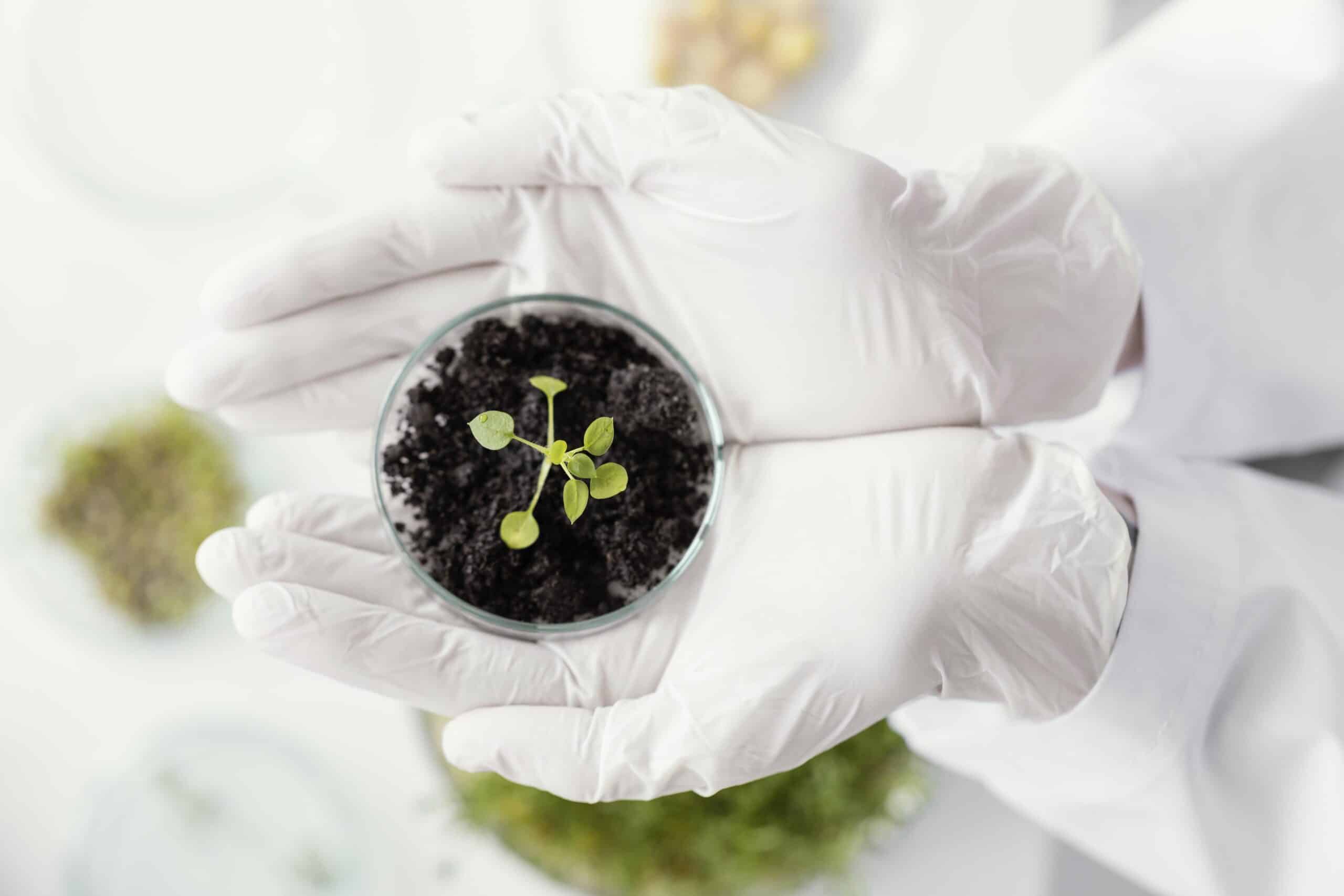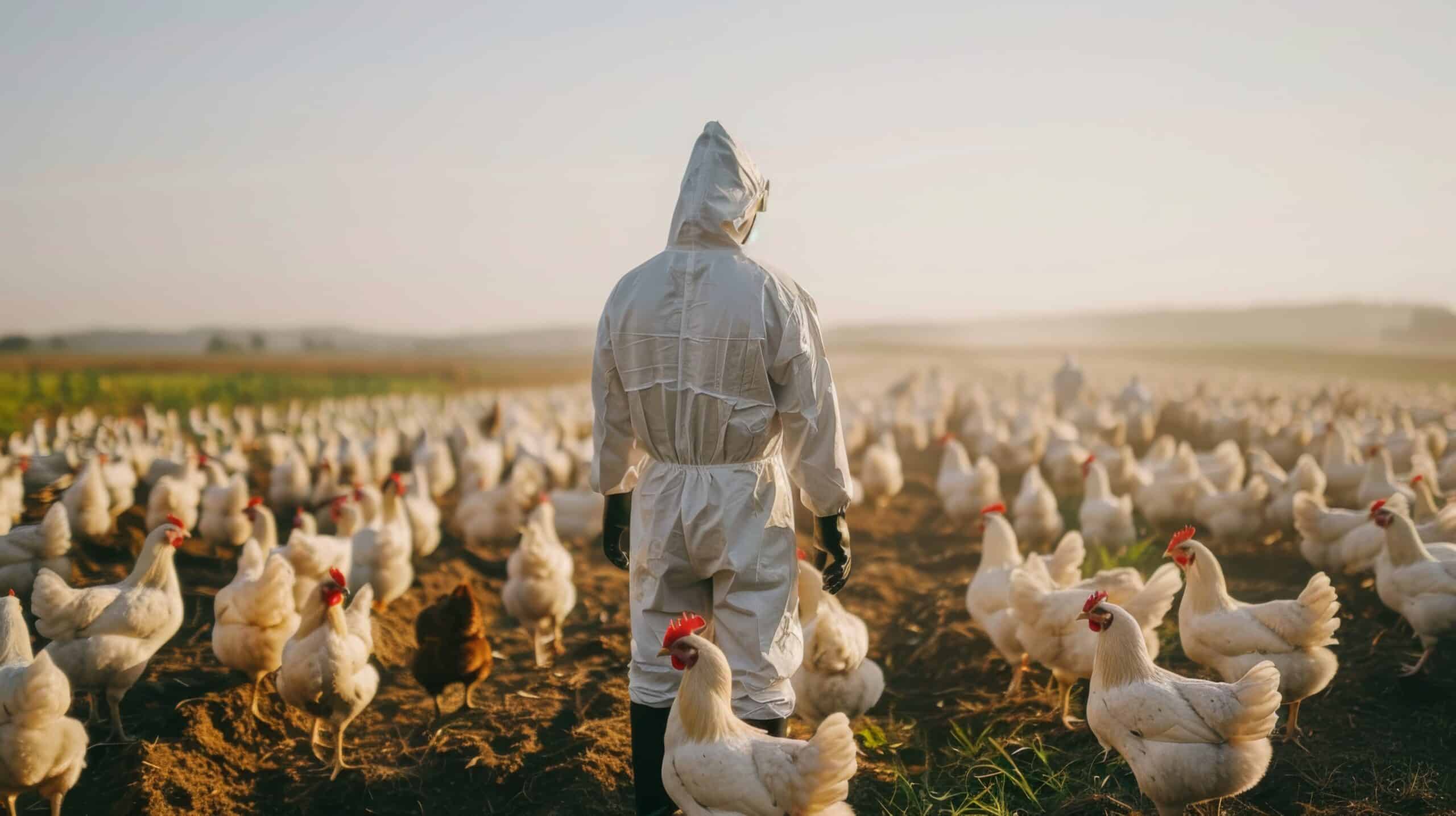All the nutrients play a vital role in milk production. High-producing cows require essential nutrient needs, such as carbohydrates, amino acids, fatty acids, vitamins, and water. Among all the vital factors, energy and optimum supply of usable crude proteins are the most important. Boosting the energy intake of dairy cows can enhance the yield and concentration of milk protein. The deficiency of the nutritional intake can lead to diseases like fatty liver and ketosis, rumen acidosis, laminitis, displaced abomasums and milk fat depression.
Water
Water is often overlooked for a healthy diet for dairy cows. However, one must not forget the importance of clean and fresh water that acts as a “universal solvent” for all the vital metabolic reactions. It plays a significant role in maximizing cow’s milk production and reproduction performance. Moreover, other crucial functions, such as digestion, proper flow of feed through the intestine, and regular blood volume, is maintained by clean water.
Signs of poor quality water:
- Decreased immune system
- Conception failure, abortion
- Erratic eating patterns
- Health or performance issue
Energy
Dairy cattle have a definite requirement for forages, fermented by rumen bacteria to volatile fatty acids (VFAs). These VFAs support the animal with growth, maintenance, and lactation. The requirement of energy can be fulfilled by blending forages, concentrates, and a reasonable amount of supplement fat. Poor quality forages can lead to poor digestion, affecting production levels and manure volume. However, it is essential to keep a few points in mind, such as avoiding forages that are too chopped and improper amounts that can negatively impact the good intestinal microbes affecting the quality and quantity of the milk.
Protein
Protein plays a vital role in body maintenance, reproduction, and, most importantly, milk production. Dairy cows have two types of protein requirements: rumen degradable protein (RDP) and rumen undegradable protein (RUP). RDP is the portion of protein broken down by the rumen bacteria, used by other rumen bacterias to produce their bodily protein. In contrast, RUP passes through to the intestine undigested. Approximately 80% of the cow’s total protein requirement comes from this high-quality body protein. RUP and RDP are complementary. Though most of the protein is RDP, RUP is essential, especially for high-yielding cows.
Phosphorus
All metabolic reactions and energy transfers within the body require phosphorus. Moreover, it plays a significant role in average milk production, growth, and efficient use of feed and the rumen bacteria in the digestion of cellulose and the synthesis of microbial protein. Almost 69% of the phosphorus is excreted through faeces. Hence, an optimum amount of phosphorus should be fed to enhance efficiency.
A principal source of phosphorus are:
- Di-calcium phosphate (DCP)
- Mono di-calcium phosphate (MDCP)
Nutrition requirements can be oblivious sometimes. Nutrition addition is a small change that can hugely impact dairy cows. However, it is important to feed dairy cows with optimum essentials to foster their overall growth and production.







.png)












.png)






